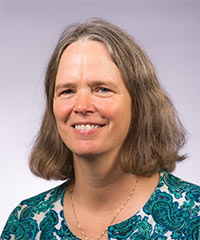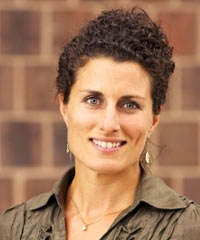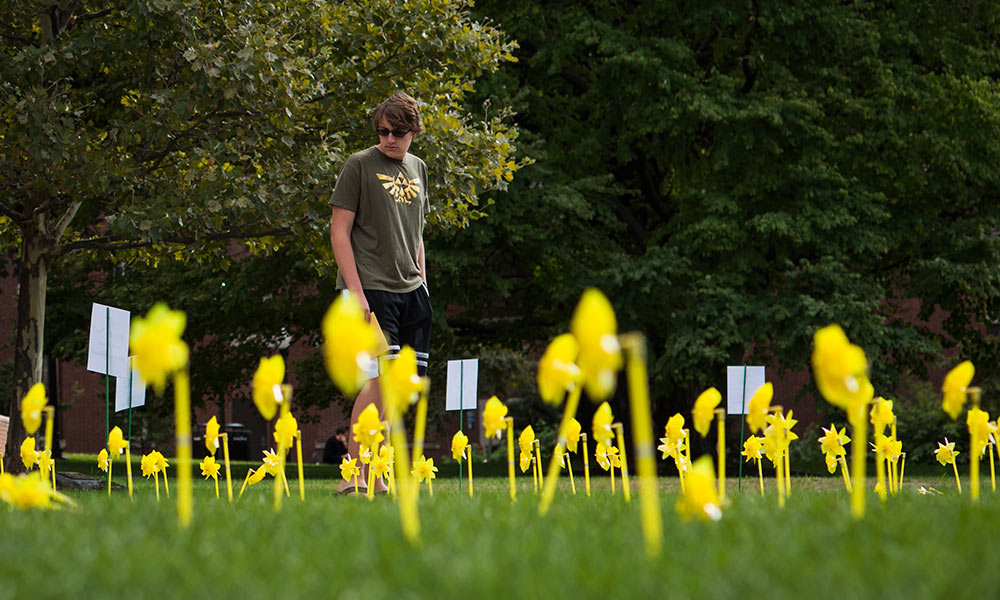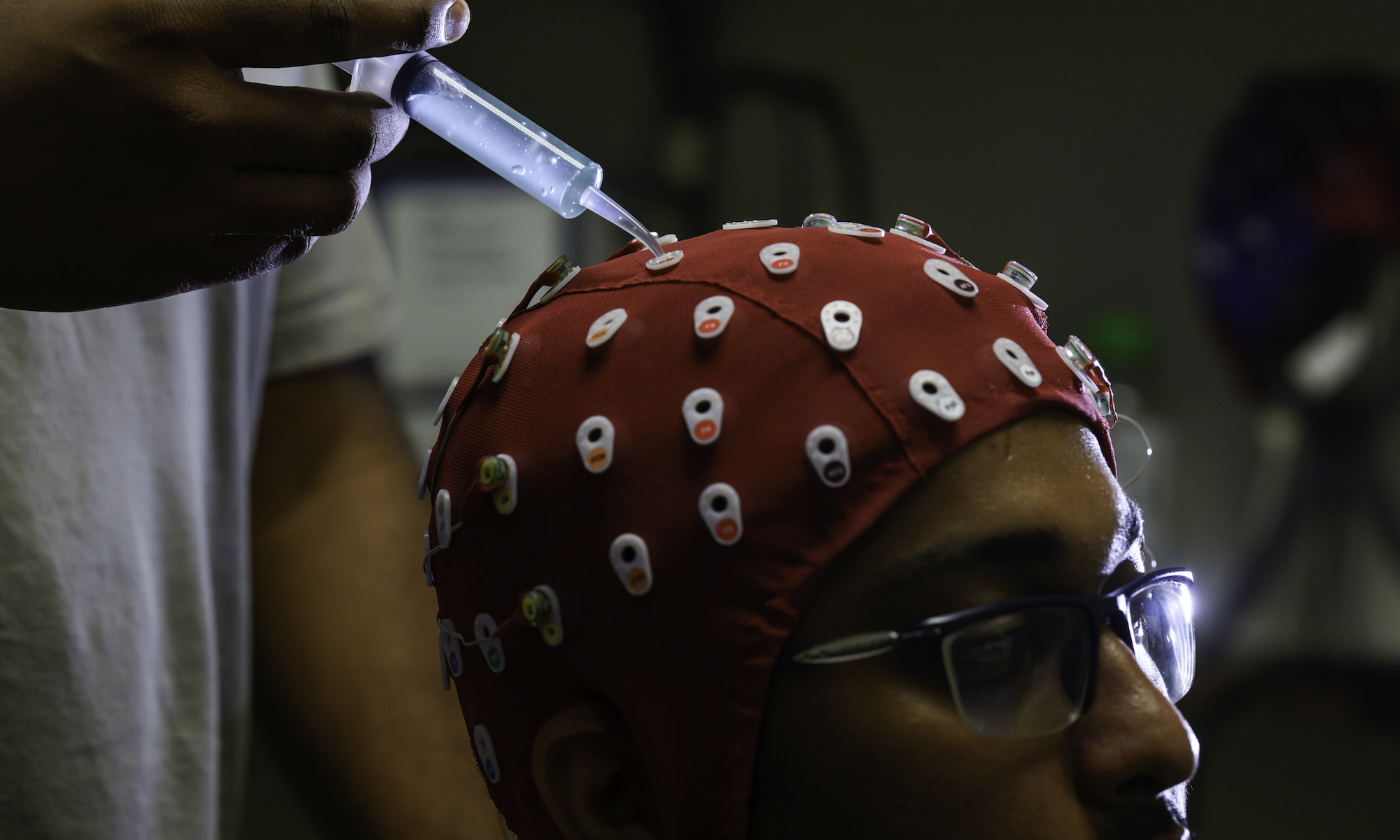Where to seek help
On campus:
For direct assistance from the University Counseling Center, students can call 585-275-3113, 24 hours, 7 days a week. A UCC professional is on-call off hours.
Students may also call the Life Line at (585) 275-5151.
Detailed information is available on the UCC website at www.rochester.edu/ucc.
To reach the CARE Network, visit www.rochester.edu/care, and the Resource Center, available on the UR Mobile app.
Additional resource:
The National Suicide Prevention Lifeline: 1-800-273-TALK (8255)
Suicide is the second leading cause of death among college students, according to the American Association of Suicidology. The AAS further reports that approximately one-third of college students have seriously considered suicide.
In response to these grim statistics, the University of Rochester community is marking National Suicide Prevention Week with a range of efforts to increase awareness of suicidal behavior, the importance of prevention, and the resources available to students.
The University Counseling Center and the CARE Network are two principal sources of help and support for students in distress.
The University Counseling Center offers multiple kinds of therapy, programming, and workshops.

“A treatment plan is developed by the clinician that addresses the client’s unique needs and concerns,” explains UCC director Joellen Popma . “This plan may include recommendations such as group therapy, workshops, brief therapy, referrals to a community provider for specialized treatment or longer term therapy services, Therapist Assisted On-line (TAO), case management services, psychiatry or other campus services.”
Often, however, students suffering from depression or other mental health concerns may not seek help themselves. It might take someone else to intervene on their behalf.
The CARE Network offers a means for any member of the University community to submit a “CARE report” about a fellow community member—or even about themselves. The CARE Network then reaches out to the student to help connect them to sources of help.

Heidi Saller, associate director of the network, emphasizes that the CARE Network responds to any type of problem. When students are in distress about college adjustment, discrimination, the health of a peer, or any other concern in their life, the CARE network helps to find the support they need.
“No problem is ever too small,” she says. “If a student needs to get connected, or someone they know needs to get connected, they can submit their concerns to us.”
While students may sometimes hesitate to refer themselves or a peer to the CARE Network, Saller urges students to be proactive in sustaining the well-being of University community members.
“The CARE Network is an opportunity for the UR community to be accountable for maintaining a safe, connected, and inclusive environment. We also help bring multiple campus partners together to ensure students have the best chance at being successful, both academically and socially.”



